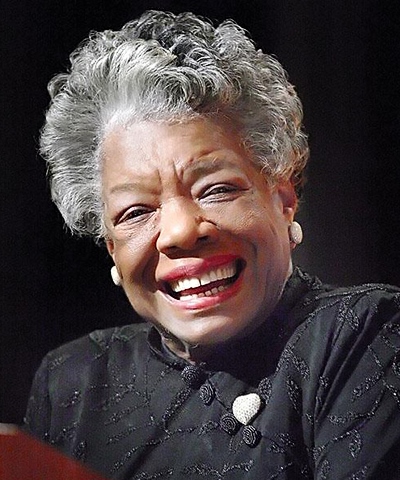The Cage Finally Open | A Tribute to Maya Angelou
/Chrycka Harper, Poet & Literary CriticLast Modified: 00:07 a.m. DST, 31 May 2014
Not too long ago, Mandela joined the small community. He reunited with memorial friends, met with known ancestors, and joined the others to patiently wait for the next neighbor.
Eyes immediately focused on the glorious caged bird. Her songs send warm, comforting nostalgia to millions worldwide.
Our ears rejoice when she shares her wisdom, Our eyes rejoice when she graces the page with exceptional stanzas, Our mouths rejoice in smiles within her presence.
Maya Angelou, your songs kept us in remembrance of our history and heritage. But God said its time to unlock the cage So that the phenomenal bird can fly to its home.
Maya Angelou flew to her home, with Zora, Brooks, Wheatley, Aesop, but her spirit will never allow us to forget for the world.
Thank you, from an aspiring storyteller to a modern griot.
Follow Chrycka Harper on Twitter Twitter: @nahmias_report Poet & Literary Critic: @chrycka_harperRelated articles
- Rest in Heaven Dr Maya Angelou (herwordshisfashion.wordpress.com)
- Maya Angelou showed how to survive rape and racism and still be joyful | Tayari Jones (theguardian.com)
- Special Coverage: 'Remembering Maya Angelou' (charlotte.twcnews.com)
- A Tribute To Maya Angelou (miscellaneoussoup.wordpress.com)
- the Singing Caged Bird is Free (stlluna7.wordpress.com)





















